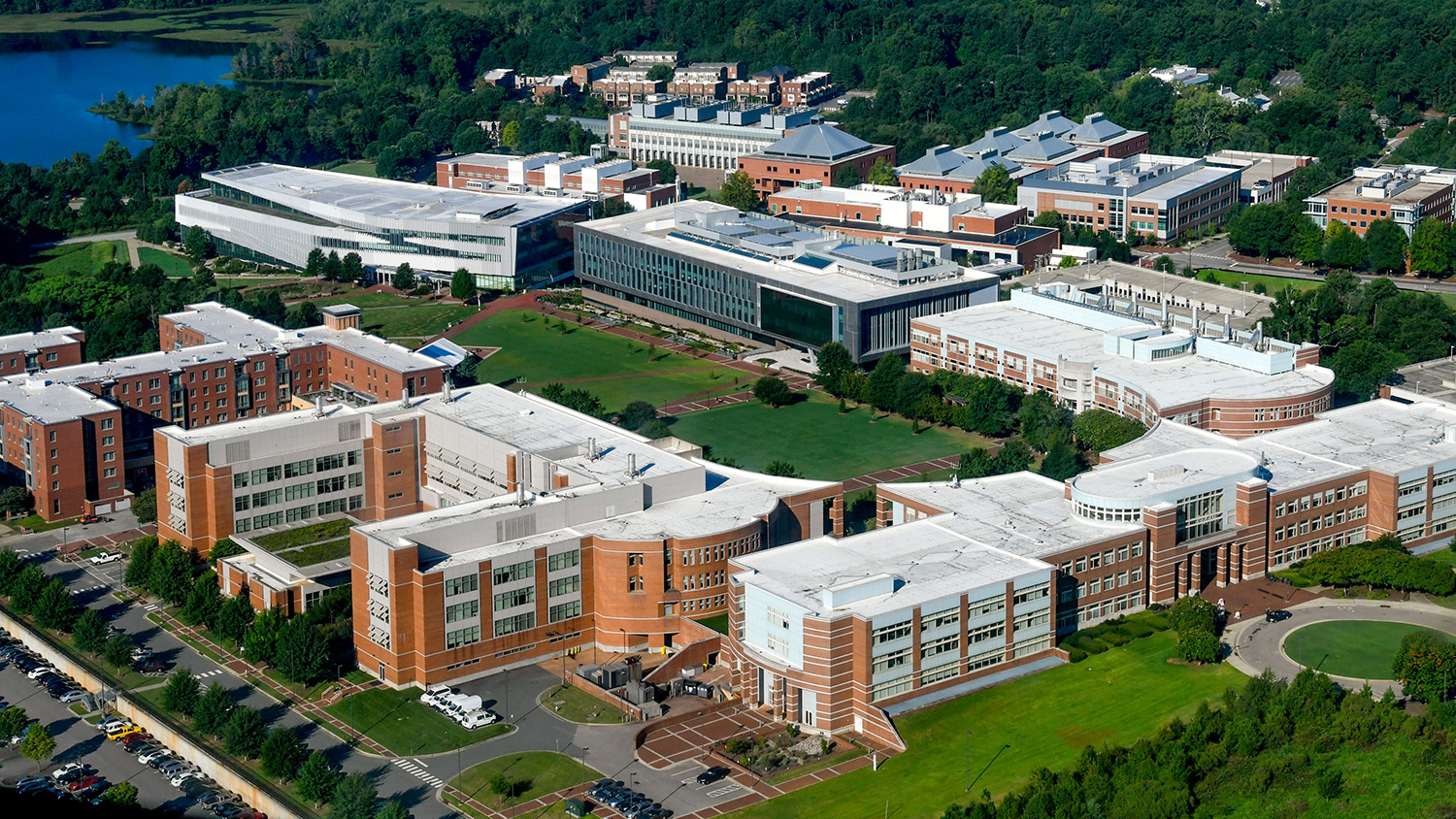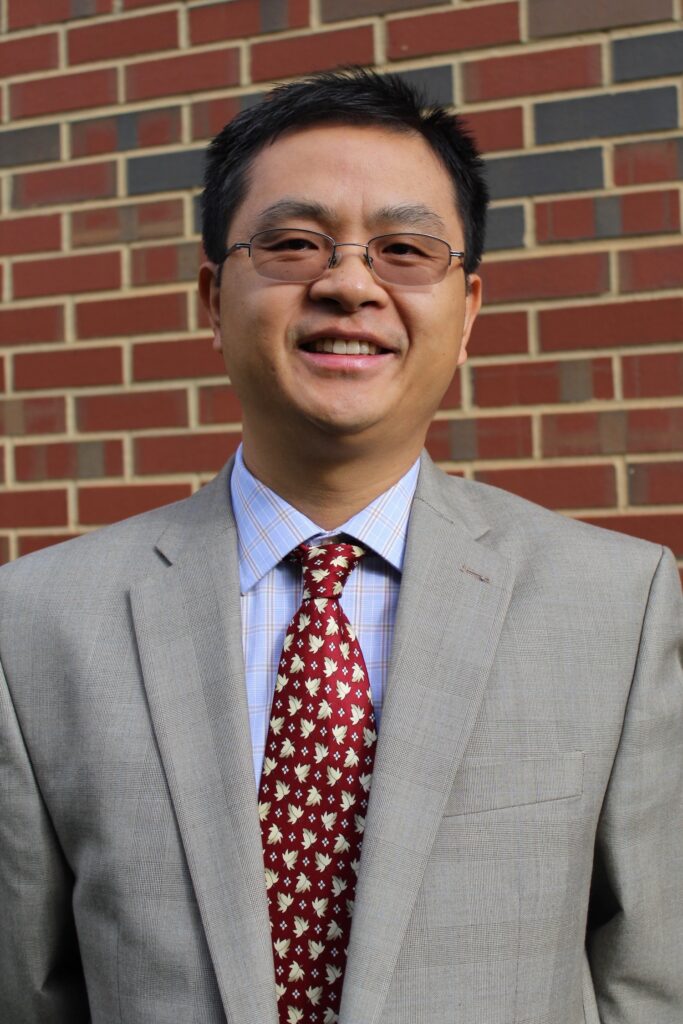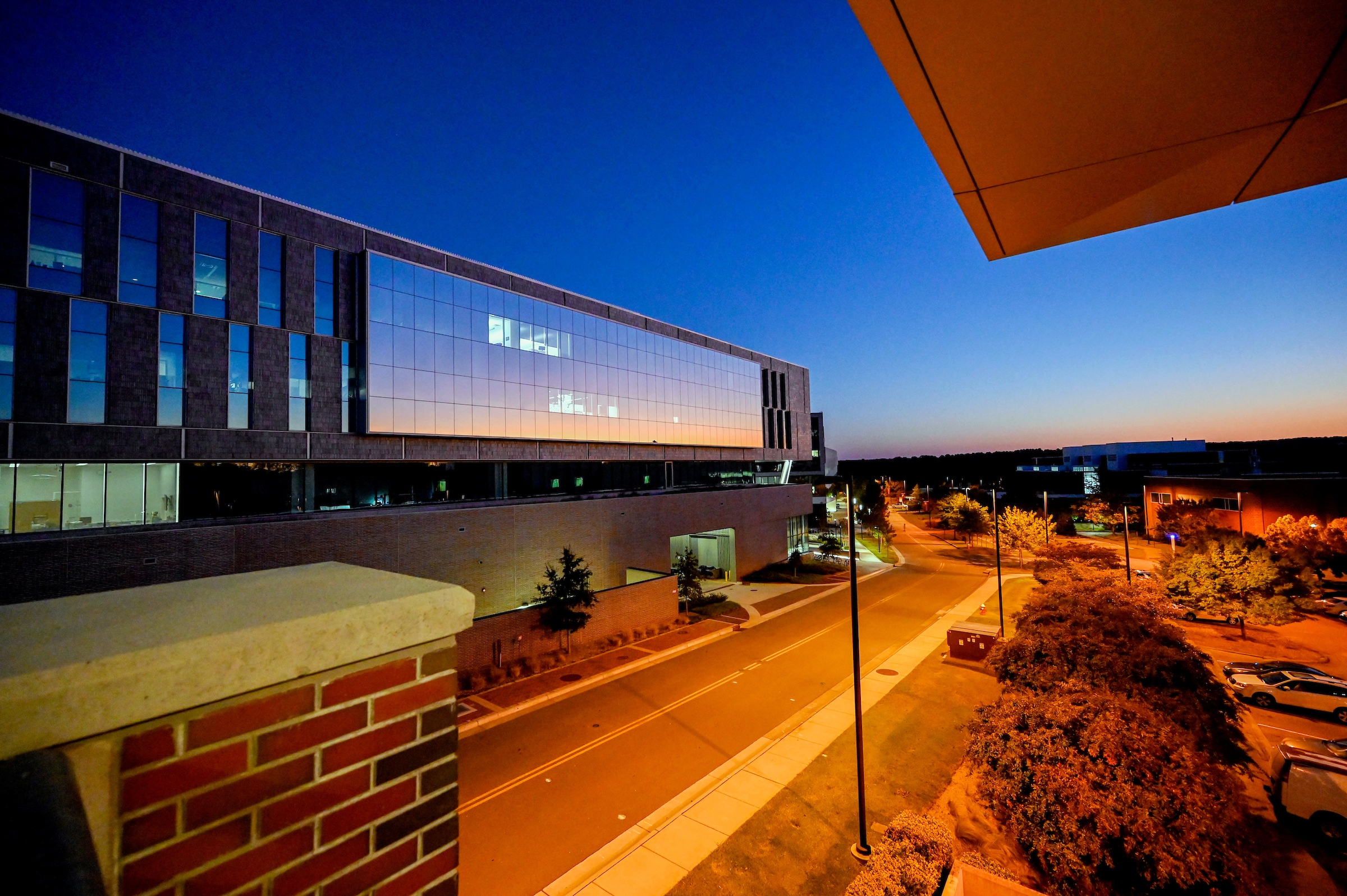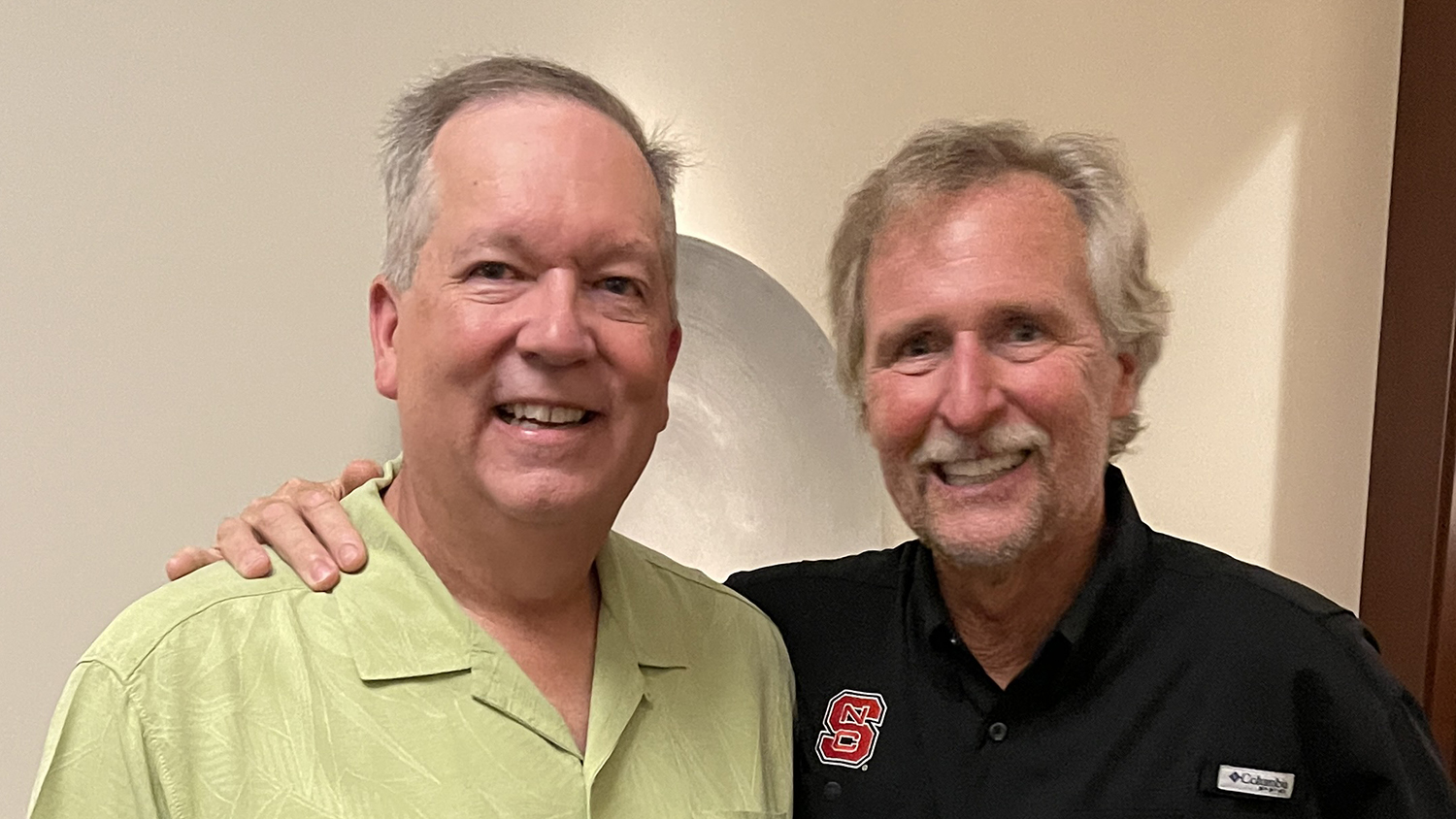Private support leads to public benefits

Many people realize that private support is an incredible resource for NC State students, with scholarships and fellowships helping them focus on their studies rather than tuition payments and programmatic support empowering them to study abroad and more. Donors, though, also greatly further the work of the university’s faculty through support such as distinguished professorships.
Distinguished professorships are more than honorary titles; they enable their recipients, for example, to conduct groundbreaking research without needing to apply for mainstream research grants or governmental funding. Faculty members often use the funding from distinguished professorships to benefit students directly, too, such as helping graduate assistants pursue their own research goals, complete specialized training programs, attend conferences and more.
Yong Zhu, a distinguished professor in the College of Engineering, offers a perfect example of the importance of these positions.
Zhu was born and raised in China, earning a bachelor’s degree from the University of Science and Technology of China before moving to the U.S. to earn a master’s degree and a Ph.D. from Northwestern University. He joined the Pack as a faculty member in 2007 and is now the associate department head for research and the interim director of graduate programs in the Department of Mechanical and Aerospace Engineering.
Since 2021, Zhu has also been the Andrew A. Adams Distinguished Professor in Mechanical and Aerospace Engineering. His field of expertise is material mechanics. On the nanoscale, in particular.

Zhu’s research into nanomaterials has led him to create soft, flexible and stretchable electronic devices that can fit close to a person’s skin in order to monitor their movement patterns and vital signs, including skin hydration, temperature and muscle activity. The devices work by measuring the electrical currents running between their electrodes — the “impedance,” or effective resistance to the alternating current — and then displaying that information on a smartphone via an app.
“We develop ways to print nanomaterials, then we develop ways to integrate them into stretchable materials like elastomers, and then for the purpose of wearable electronics, you can wear them on your skin in a way that is unobtrusive,” Zhu said.
These wearable electronics have many applications, particularly in the world of athletics. For instance, Zhu is currently working with the National Science Foundation on a study in which athletes wear these electronic devices on their joints in order to monitor their movements and, thus, learn how to perform better in competition and to recover from — or even prevent — injuries. He is also working with the National Institutes of Health to monitor patients who have suffered from strokes during their recovery exercises.
In a very different realm, versions of these innovative devices can be fitted to plants, enabling farmers to monitor the conditions of their crops. This related research brings together members of not just the College of Engineering and the Wilson College of Textiles, but also the College of Agriculture and Life Sciences.
“Plants emit different types of signals, so you have to start somewhere,” Zhu said of how his work on both projects ties together. “This is more on the chemical-sensing side of things, where what we have been doing is more on the physical-sensing side, so collaboration is very important. Fortunately, we have found the right collaborators who have the complementary expertise.”
The Andrew A. Adams Distinguished Professorship in Mechanical and Aerospace Engineering is helping make this cutting-edge research possible. Adams is a graduate of the College of Engineering, having earned a bachelor’s degree in mechanical engineering in 1962 in order to expand on his lifelong love of aviation. His company, Equipment and Supply, Inc., was founded in 1972 and provides products and services for the military and civilian aerospace industry.
Adams created his namesake distinguished professorship to help its recipients advance their work as well as train the next generation of engineering experts. The Adams professorship has certainly done that for Zhu, supporting him in his grant proposal writing, graduate student advising, research paper writing and international travel to attend conferences and collaborate with colleagues.
Zhu has also used the distinguished professorship to directly support his graduate students. The funding has enabled them to explore their own research ideas that were not federally funded at the time, including the development of smart masks for the long-term health monitoring of patients with chronic respiratory diseases — critical work, especially in the wake of the COVID-19 pandemic.
“The Andrew A. Adams Distinguished Professorship in Mechanical and Aerospace Engineering is certainly very important,” Zhu said. “It really enables me to explore opportunities in my research interests — to explore some new directions. This professorship is perfect, I think, for that reason.”
To learn more about distinguished professorships and how you can help endow/support a position, visit Support Our Work.
This post was originally published in Giving News.
- Categories:


